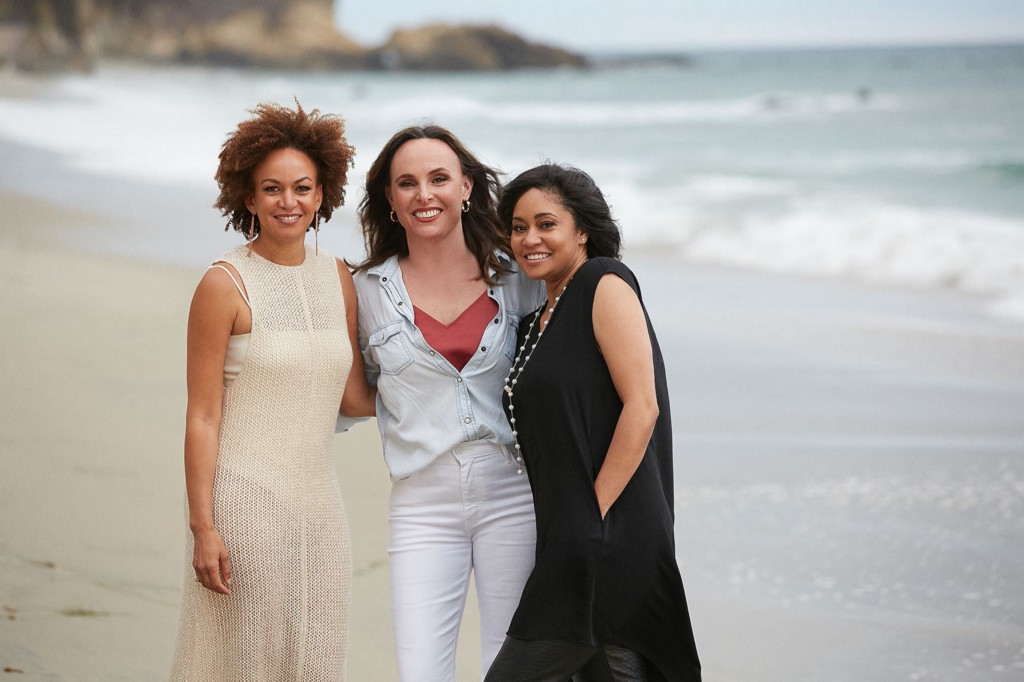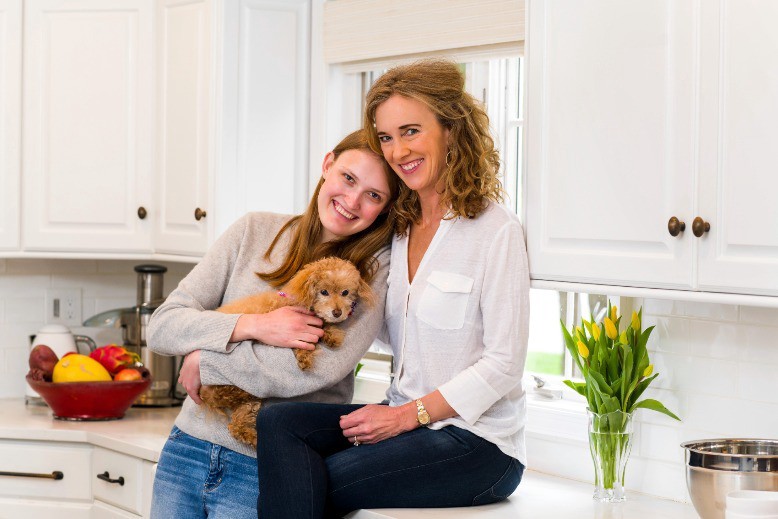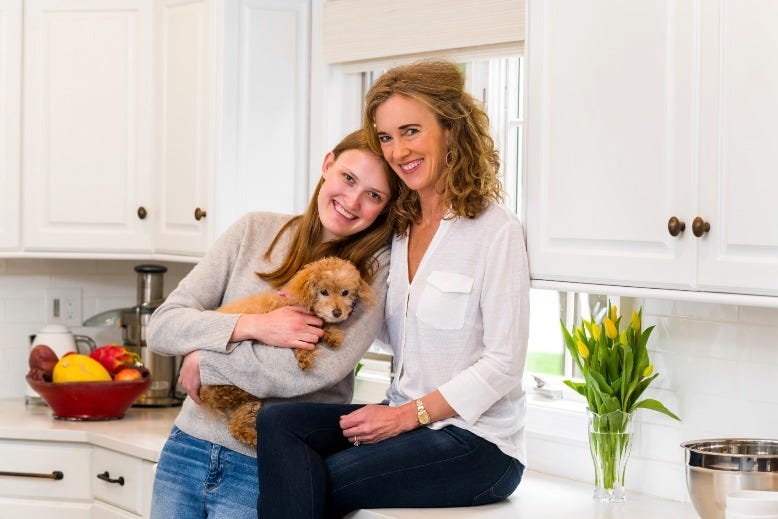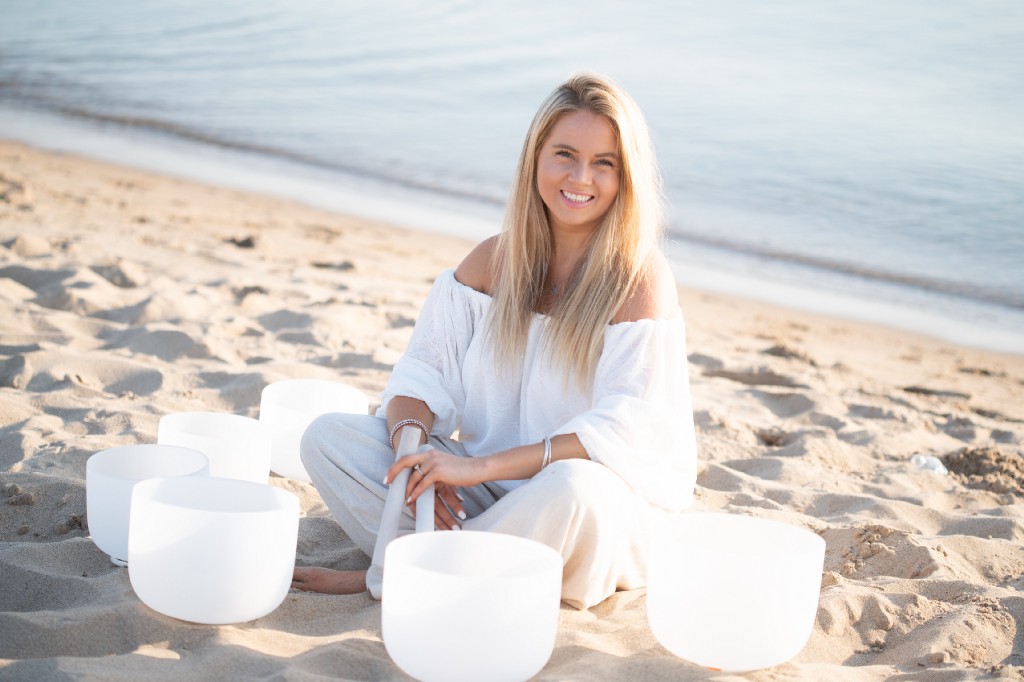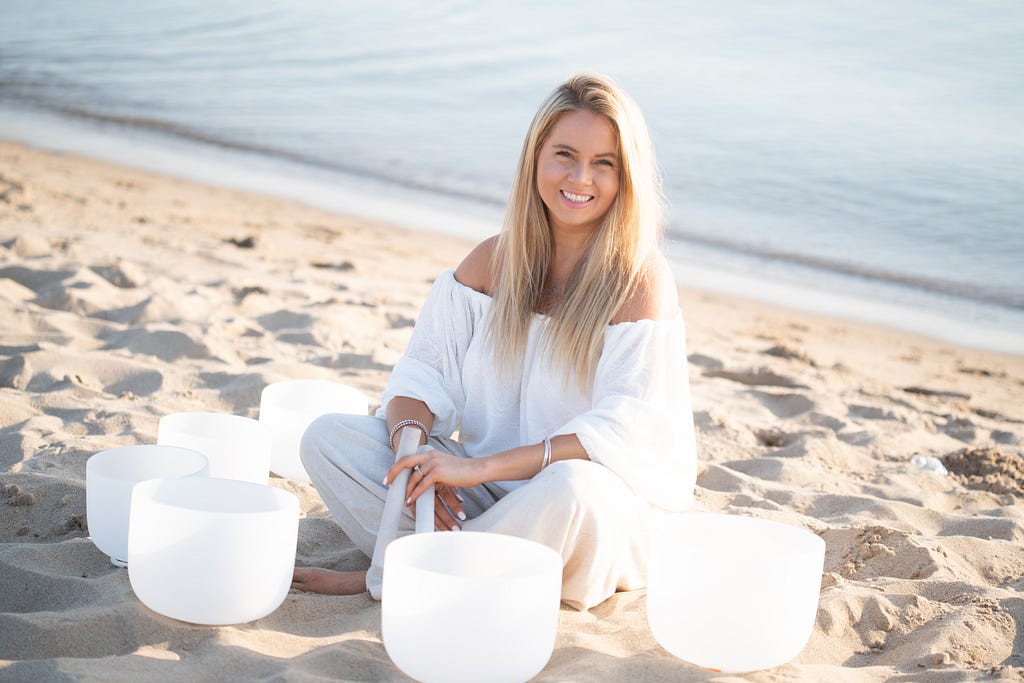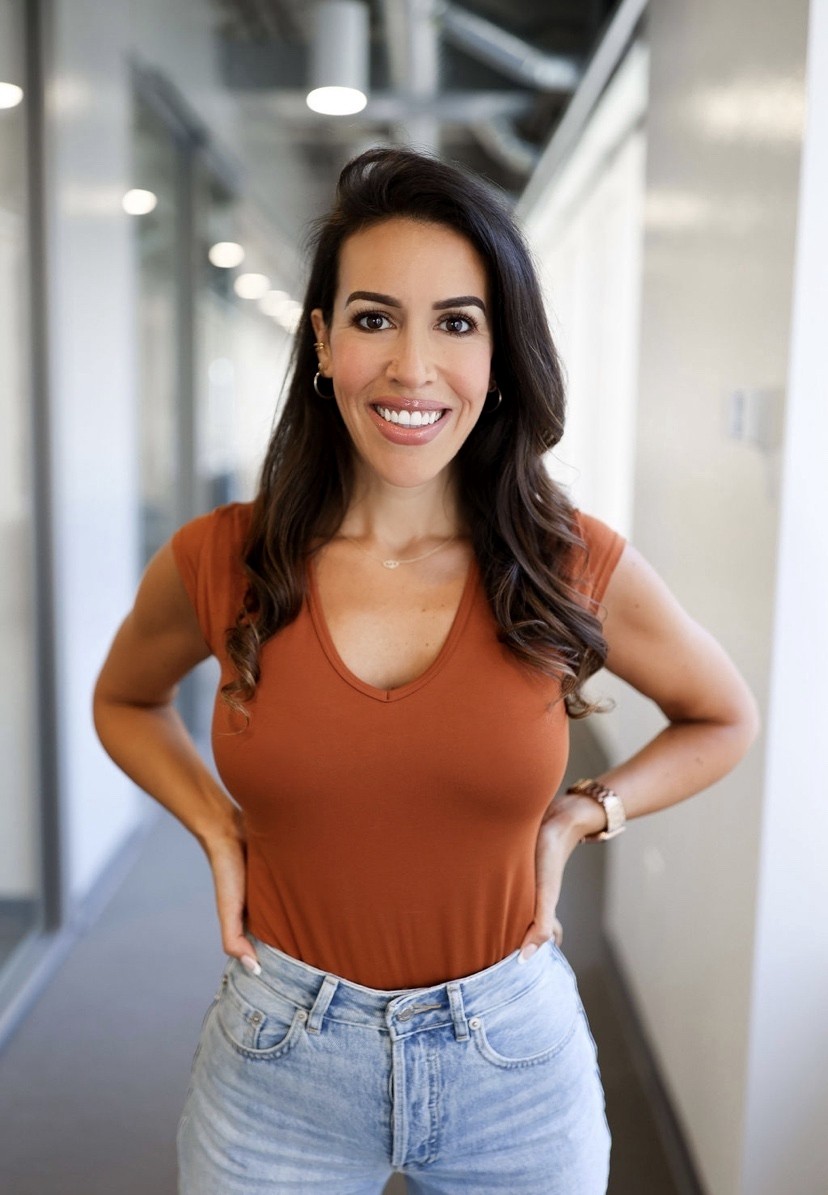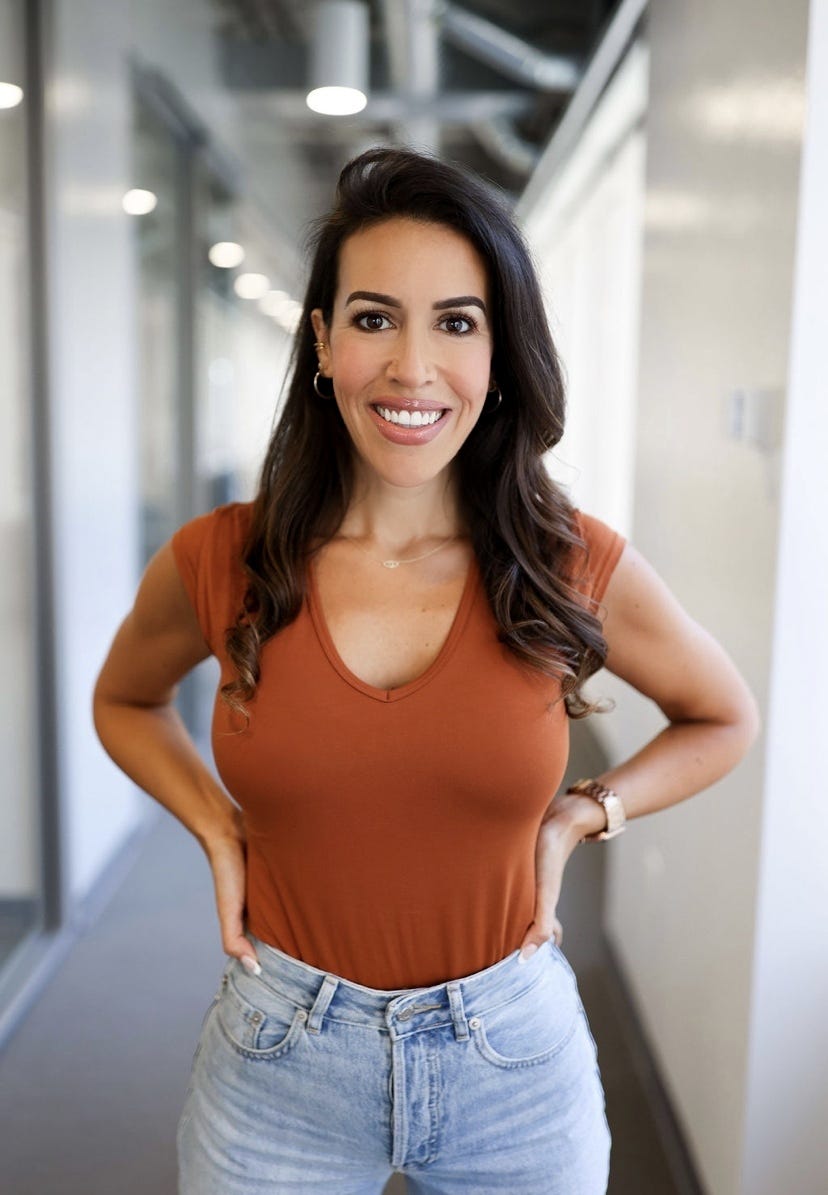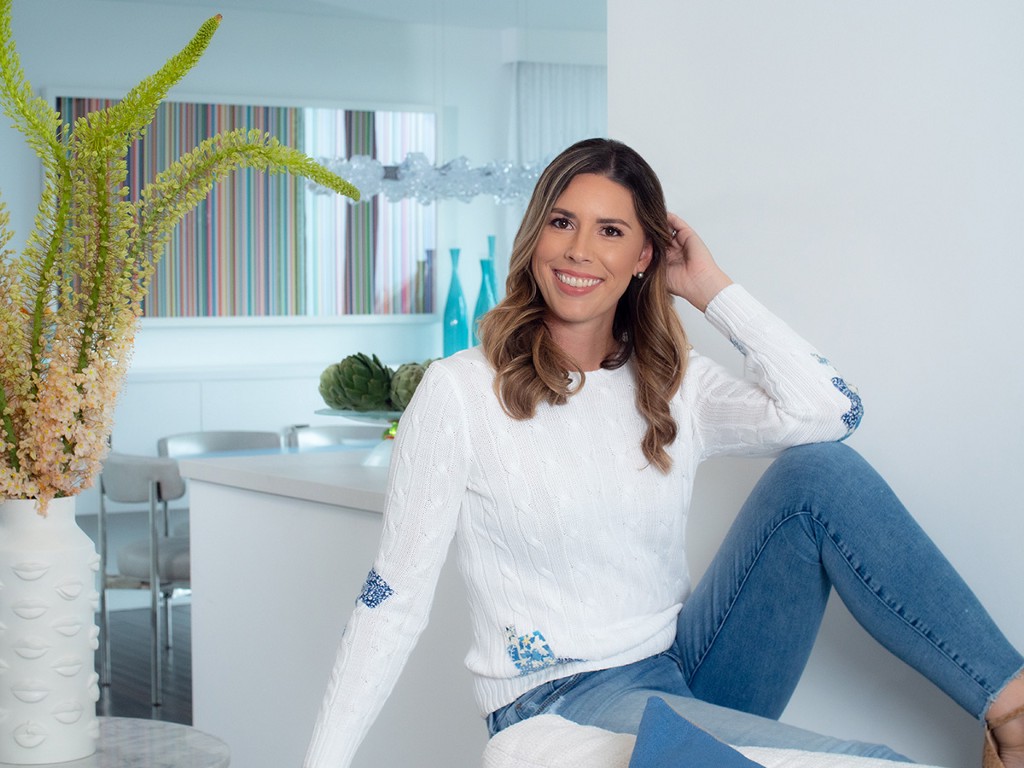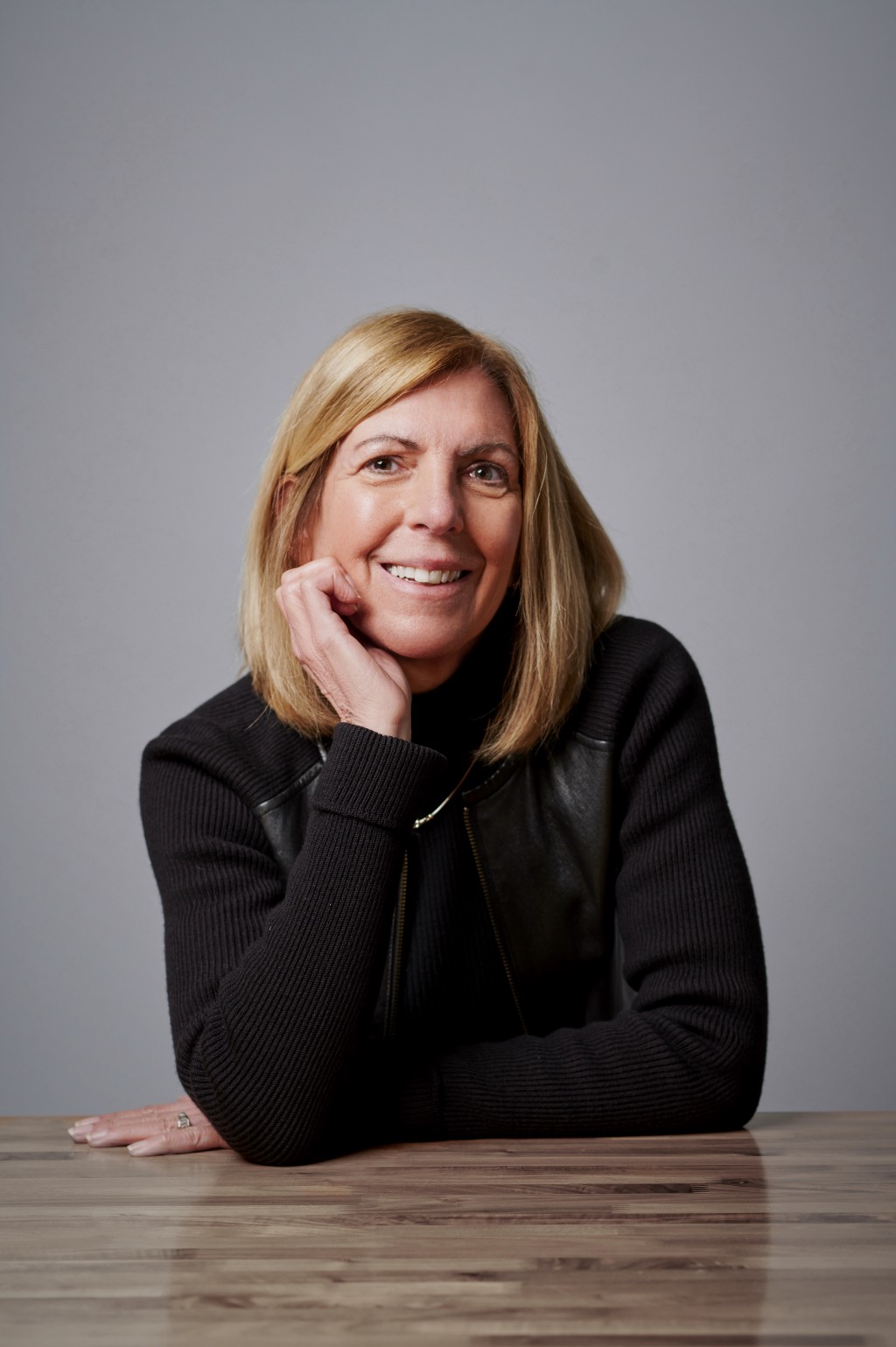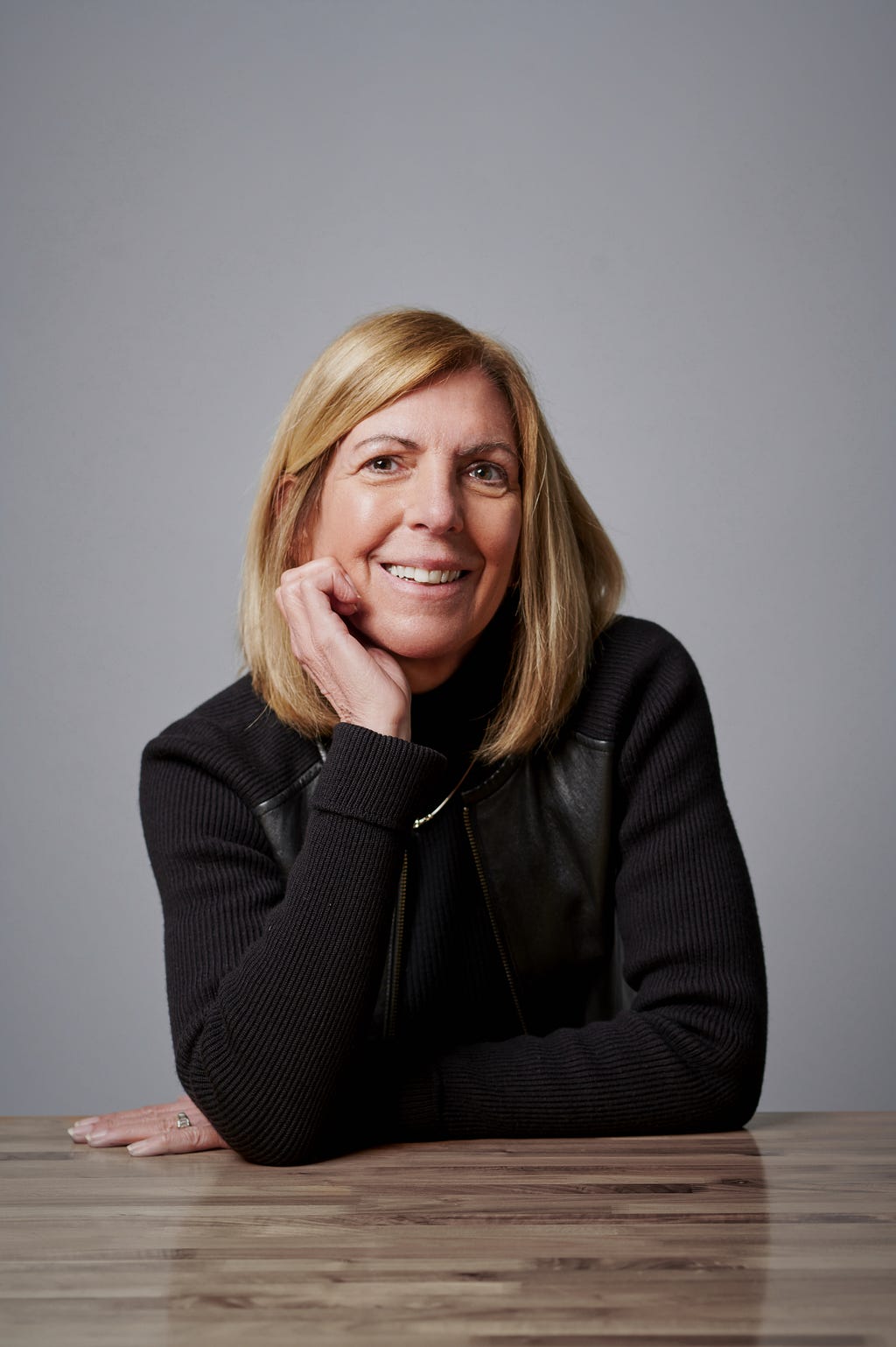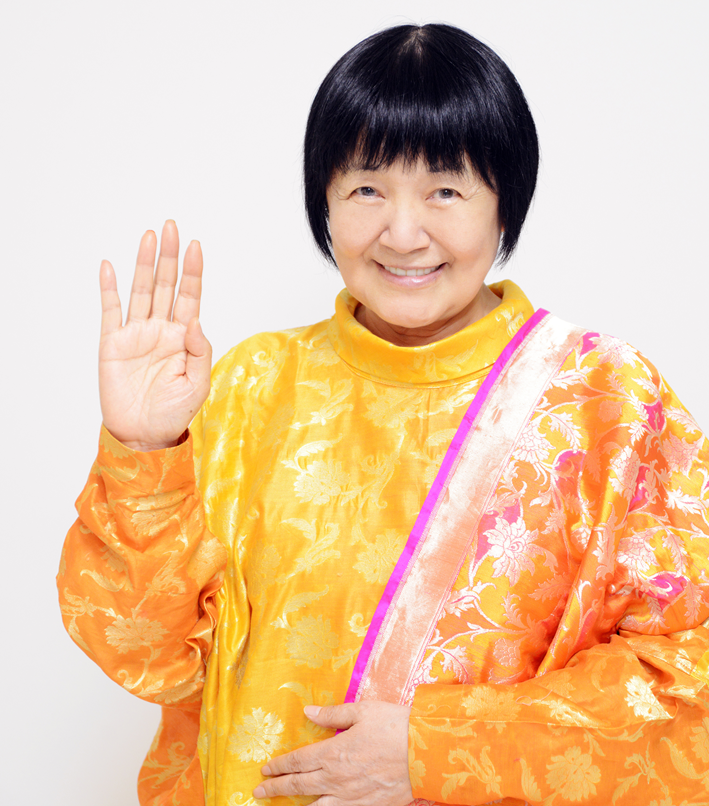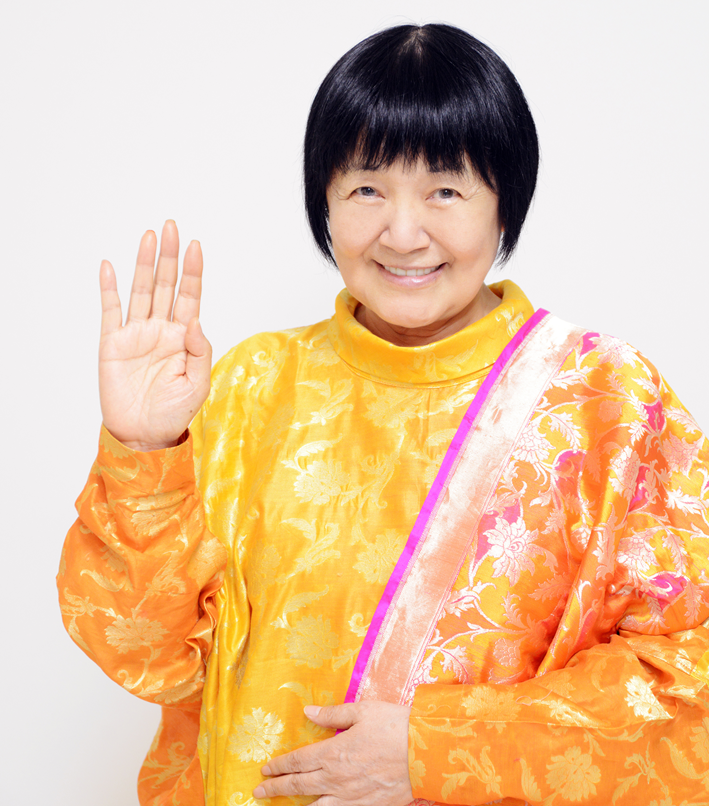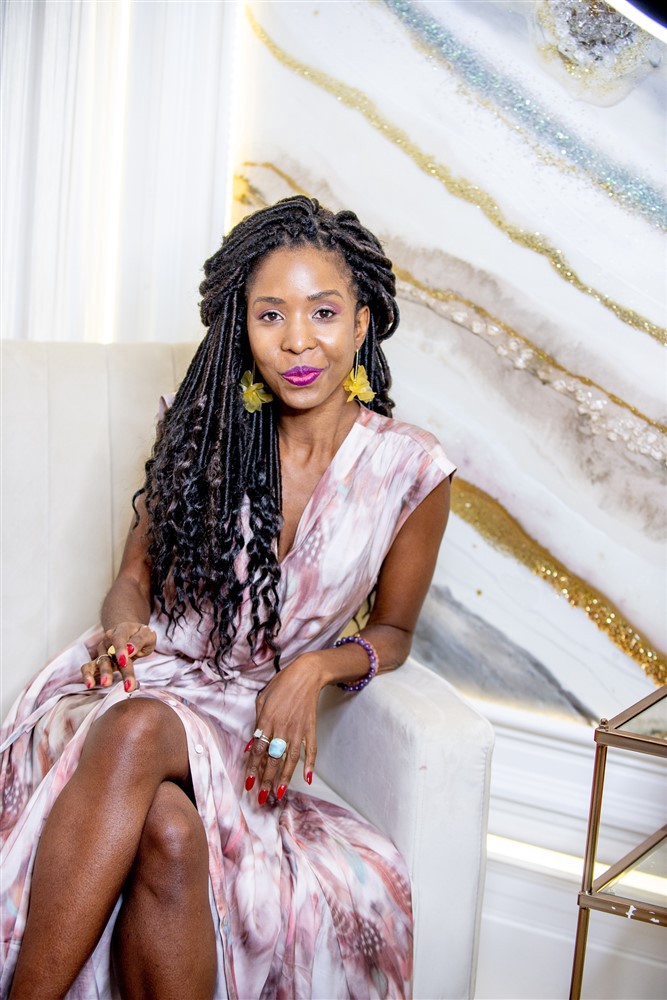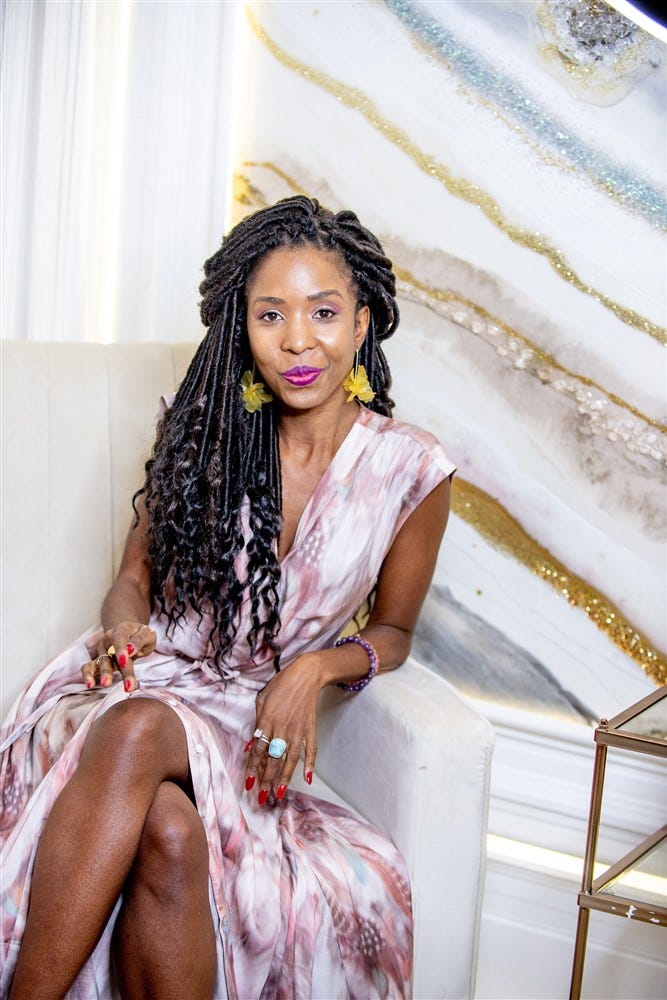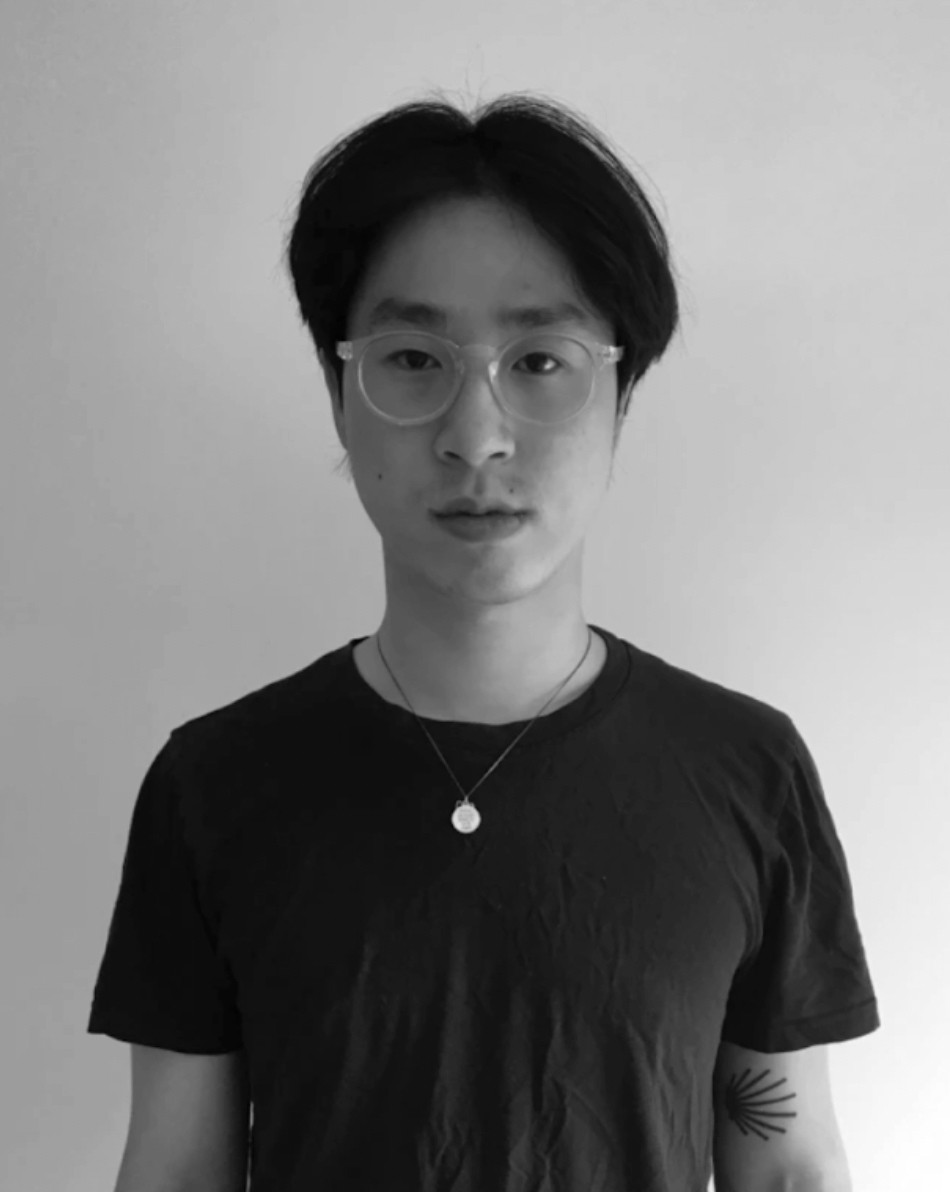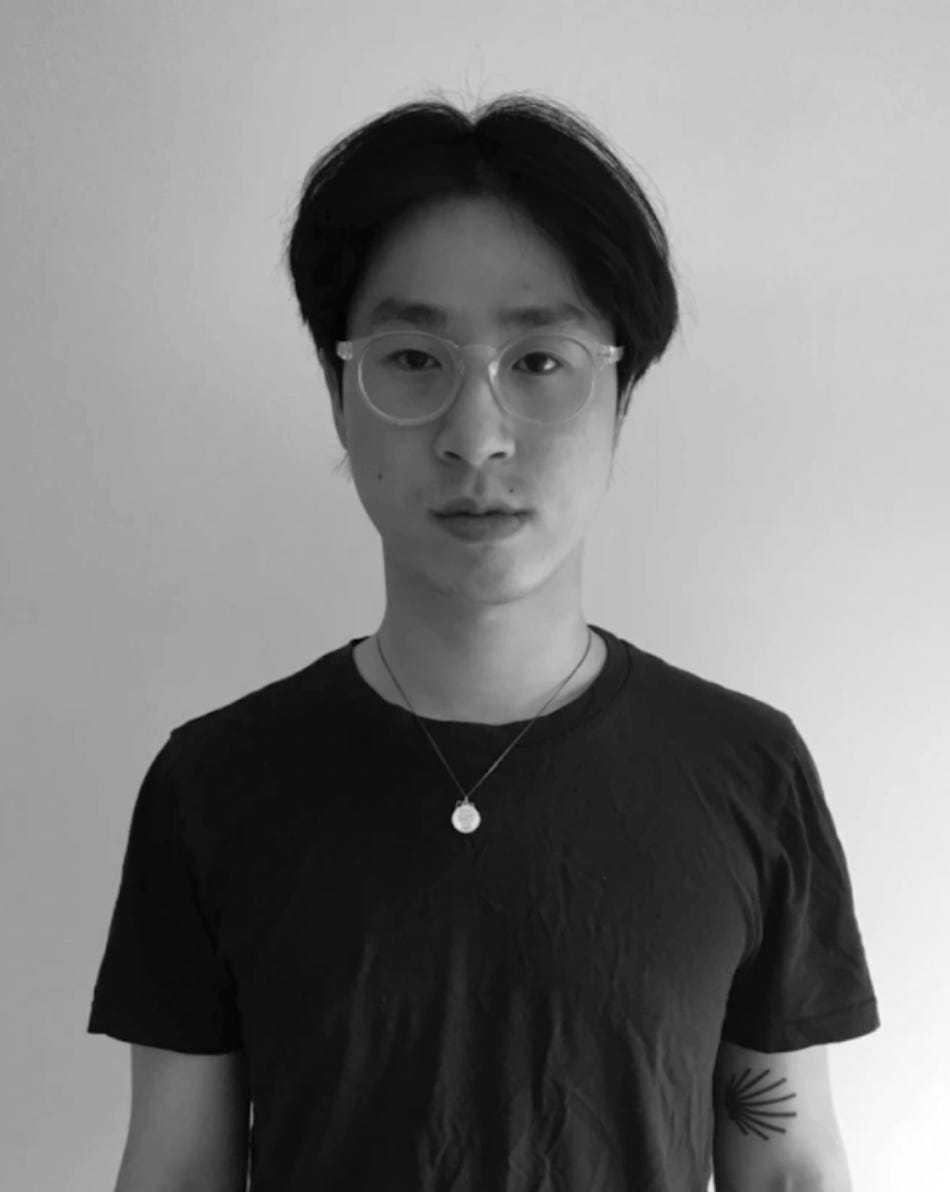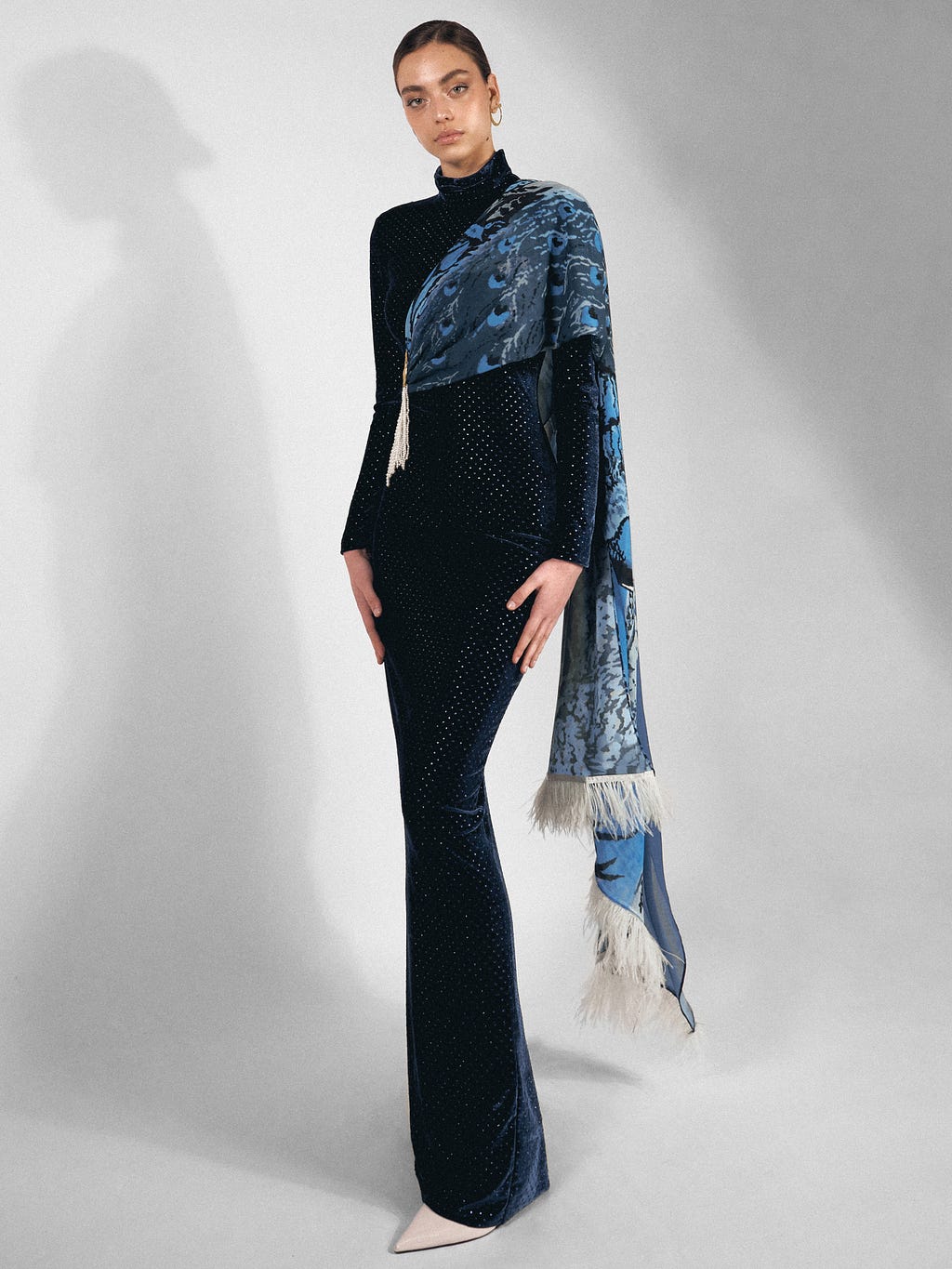Wisdom From The Women Leading The Cannabis Industry, With Kara Kelly, Summer Rice & Monica Reese of Lure
An Interview With Candice Georgiadis
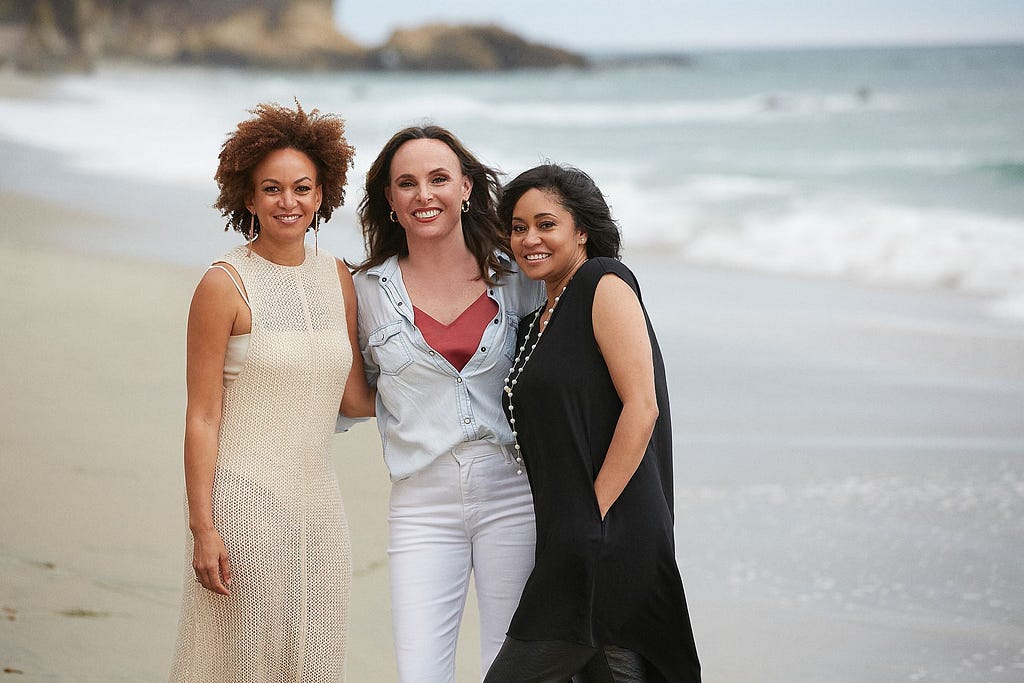
Great marketers don’t necessarily make great cannabis marketers- you see this across the board. A lot of executives and marketers have jumped ship moving over to the cannabis industry. They have tried to layer on marketing plans that work for other industries but the reality is because of cannabis’ limitations in terms of marketing you really have to write an entirely new playbook.
As a part of my series about strong women leaders in the cannabis industry, I had the pleasure of interviewing Monica Reese, Kara Kelly, and Summer Rice. Founders of Lure.
Monica Reese: Design, Production, Sourcing
20+ years of problem solving through design- thinking with a unique combination of ideas and execution. Expertise in sourcing, growth and an HGTV featured designer that loves creating beautiful products and environments.
Kara Kelly: Strategy, Finance, and Operations
Over 25 years solving growth, innovation and profitability challenges for leading retail and consumer goods brands such as Nike, Sephora,Gap and Best Buy; trilingual global business leader; financial and physical wellness devotee.
Summer Rice: Branding and Marketing
Art History foundation with focus on the creation of a visual voice for brands. Recognized as top
4% achievers for billion-dollar female-focused product marketing and sales company. Lover of all things coastal and organic.
Thank you so much for doing this with us! Can you tell us the “backstory” about what brought you to the cannabis industry?
As GenX women, we found ourselves in a stage of life where we are balancing a lot and at times that can be really stressful. We are raising our kids, working, maintaining our households, and taking care of our aging parents with menopause creeping in to boot. We needed a tool to help us manage our stress, aid in better sleep and alleviate some of our body pains on a daily basis. We all wanted something not just to “wind down” at the end of the day but something to pepper in throughout the day as needed. All three of us had already harnessed the power of botanicals within our beauty routines and so when cbd was introduced to us as a tool to support some of these needs states we knew that would be a key ingredient in our formulations.
(Summer Rice)
Can you share the most interesting story that happened to you since you began leading your company? Can you tell us what lesson you learned from that?
I think the most interesting thing to date has been the steep learning curve in terms of fundraising and marketing in the space. All three of us have had success in various parts of design, finance and marketing but synthesizing these skills and applying it to our own brand, in a very restrictive industry proved challenging. It’s funny, we could all recognize how many of our friends had excelled in their different industries but we had this unique opportunity to really sit down and learn about their superpowers and how we could apply it to different aspects of our business. We quickly realized that in opening up and being vulnerable enough to say “ I don’t understand about (x) aspect of the business” how responsive our friends would be to give us mini masterclasses on their specialty. This led to a really important arc of friends becoming advisors and ultimately investors. We believe it is imperative to really trust that whomever is investing in your company is not only thinking about the bottom line but is thinking about your needs as Founders.
(Kara Kelly)
Can you share a story about the funniest mistake you made when you were first starting? Can you tell us what lesson you learned from that?
One of our funniest mistakes (well we can laugh at it now) was when we had our big moment to officially launch our website. We had created it ourselves- it was simple and beautiful and marked a big step in officially launching our brand. We hit the “live” button, but to our dismay, we immediately got a message from Shopify stating that they do not process payments for CBD. We eventually solved this issue through an arduous process of finding a third party payment platform. Our takeaway from this was that what are usually standard and easy steps in a non-cannabis related business, can turn into a complex maze within cannabis.
( Monica Reese)
Do you have a funny story about how someone you knew reacted when they first heard you were getting into the cannabis industry?
It’s really interesting to see how people respond to us being in the cannabis industry. My harshest response came from my sister. She flat out said, “I will never try CBD,” fearing that it was potentially addictive and that it would actually impact my social life. Even after I educated her on all of the health benefits and quelled any fears of addiction she was still a hard “no.” It goes to show that the long standing anti-cannabis messaging that was programmed into previous generations still takes a lot to dismantle.
On the flip side, my 10 year old son couldn’t wait to tell all of his friends about Lure because he said, “their moms are very stressed out, and they could really use some CBD!” I get a kick out of watching mom’s in my friend group realize they can skip the wine at night and wind down with our Lure CBD oil.
(Summer Rice)
None of us are able to achieve success without some help along the way. Is there a particular person who you are grateful towards who helped get you to where you are? Can you share a story?
We are fortunate to have a super strong community of advisors, but from early on, fellow female founder Sara Happ of Sara Happ Beauty has been unbelievably generous. She took us under her wing and showed us the ropes. From sharing contacts in her supply chain to introducing us to other female founders, Sara believed in us and our products.
( Kara Kelly)
Are you working on any new or exciting projects now? How do you think that will help people?
Yes, we are in awe over the groundswell of interest in our brand. Currently we are continuing to expand our sales relationships with our current line and getting some incredible exposure in press and events which allows us to speak directly to our core consumer or 40+ women. We are also excited to expand our roster of products and will be launching a few products focused for the body, bath and a daily gummy for whole-body balance. We are an (inner) beauty brand so as we develop new products we start with our own needs, then think about how that ripple’s out to our communities needs and then innovate from there. We also will be rolling out some elevated packaging and new brand design elements which put sustainability and functionality as key considerations.
( Monica Reese)
Ok. Thank you for all that. Let’s now jump to the main core of our interview. Despite great progress that has been made we still have a lot more work to do to achieve gender parity in this industry. According to this report in Entrepreneur, less than 25 percent of cannabis businesses are run by women. In your opinion or experience, what 3 things can be done by a)individuals b)companies and/or c) society to support greater gender parity moving forward?
I am so glad you asked this question. I would say the greatest challenge we are facing is lack of access to capital. It has been well documented that women-owned businesses in this space often receive less funding and fewer resources — such as mentorship and strategic guidance — than our male counterparts. That’s why it was such a watershed moment for us to secure our last round of funding since access to capital is such a critical component of taking a brand to the next level.
At the individual level we need to give more women a seat at the decision making table without repercussions for family responsibilities. We need to switch the narrative within our circles to an understanding and awareness that a whole person can have a career, relationships and family and that does not take away from a person’s value and ability to drive business.
In terms of society, I am encouraged by the initiatives surrounding social equity that are emerging. I think identifying the obstacles standing in the way of a more equitable industry is the first step and then creating state by state initiatives that address these issues is the most strategic way to go. The brands leading in practice and posturing to government and society around social policy and equity.
( Kara Kelly)
You are all “Cannabis Insiders”. If you had to advise someone about 5 non intuitive things one should know to succeed in the cannabis industry, what would you say? Can you please give a story or an example for each.
- Great marketers don’t necessarily make great cannabis marketers- you see this across the board. A lot of executives and marketers have jumped ship moving over to the cannabis industry. They have tried to layer on marketing plans that work for other industries but the reality is because of cannabis’ limitations in terms of marketing you really have to write an entirely new playbook.
- Trust your gut- you know what smells best. You know what looks good. You know if you are being sold snakeoil. Your gut got you to this place, now listen to it.
- Your tribe ( consumer) is your greatest research panel- most brands speak about community. But there is no greater investment than creating authentic close relationships and being vulnerable with them about how you envision the brand growing. Share new product ideas, packaging, ingredients, and event ideas. They will give it to you straight and already have an inherent investment in the brand.
- Disagree with your partner’s point of view frequently ( but respectfully)- in our case, at our core the three of us are aligned with our vision and our drive. But it is in the moments that we disagree that we really benefit from being partners. We call the moments when we express our deepest thoughts and most honest input, Radical Candor. Being able to pressure test ideas, share our very unique ideas on priorities all help strengthen every aspect of Lure.
- If you don’t feel genuinely lucky to work with this plant, walk away- if you think that this is going to be a cash grab, my oh my, you are setting yourself up for disappointment. Most brands fail in this space, and if you don’t have a true reverence for the plant and how it can really affect change in people’s lives you won’t connect with your consumer in a way that is imperative for survival in this space.
(Summer Rice)
Can you share 3 things that most excite you about the cannabis industry?
- Harnessing the other cannabinoid compounds from the plant and what that offers in terms of benefits
- CBD being viewed as key to a daily clean beauty routine
- The opportunity for people of color and women to benefit from the huge financial rewards of the industry
( Monica Reese)
Can you share 3 things that most concern you about the industry? If you had the ability to implement 3 ways to reform or improve the industry, what would you suggest?
- Access to capital for female founders– Women often work twice as hard to get half as far. Product businesses are notoriously capital intensive. Women need access not only to financial backing, but also business mavericks that will share networks, resources and ideas. Venture capitalist and senior business leaders just need to make supporting women a priority and tie their legacy to helping women succeed.
- Shine a light on Black-owned products, especially CBD brands. We believe that supporting Black-owned businesses ultimately supports the community, builds independence and creates assets that can proudly be passed along for multiple generations. We want to help shape and inform initiatives to raise the visibility for beauty and wellness brands across the board. An initiative that provided visibility to our brands was The 15 Percent Pledge. They introduced us to Madewell and we are now on their platform. The trust that people have for Madewell’s brand is now extended to us. That is a game changer.
- Social justice reform — Black and brown people who have been involved with cannabis have been persecuted and judged for decades. Research shows that despite comparable usage rates between Black and white people, Black people are 4–10x more likely to be convicted of a marijuana based crimes. There were several programs put into place that were meant to give people convicted of marijuana crimes an opportunity to build legal businesses, but they have largely proven to be ineffective. Those programs need to be revamped with access to capital, mentors who can guide through the maze of unregulated structures and true partnerships that bolster visibility of the brands.
(Kara Kelly)
What are your thoughts about federal legalization of cannabis? If you could speak to your Senator, what would be your most persuasive argument regarding why they should or should not pursue federal legalization?
I think cannabis being declared an ‘essential business’ during Covid points to the inevitable and long overdue need to federally legalize. This essential distinction means we look at cannabis ( medical) in the same way as grocery stores and pharmacies- it is a key component in our healthcare arsenal, it is key to our beauty regiments and it is as safe as our evening glass of wine. Unpacking the years of unfortunate and glaring falsehoods about the plant need to start on the federal level by signaling and pointing to the research both anecdotal and clinical.
( Monica Reese)
Can you please give us your favorite “Life Lesson Quote”? Can you share how that was relevant to you in your life?
“The soul is the essence of who and what we are. It is the lure of our becoming.” ~Jean Houston
This quote is all about being your true self, your soulful self. When we feel calm, healthy and joyful, we are connecting to that soulful self.
( Summer Rice)
You are each people of great influence. If you could inspire a movement that would bring the most amount of good to the greatest amount of people, what would that be? You never know what your idea can trigger. 🙂
We want to change the way the wellness and beauty industry speaks to and develops products for the 40+ woman.
As a society, we tend to write women off once they reach a certain age, but guess what, we are not done, and we are not invisible. At Lure, We look at aging as a daily opportunity to feel better and know that we want sophisticated, healing brands that understand that beauty is not defined by an age. We want to create a movement to encourage woman to speak up about the rampant health disparity with topics like sexual wellness, shared pain points and overall wellness as we age.
( Summer Rice)
Thank you so much for the time you spent with this. We wish you only continued success!
Wisdom From The Women Leading The Cannabis Industry, With Kara Kelly, Summer Rice & Monica Reese of… was originally published in Authority Magazine on Medium, where people are continuing the conversation by highlighting and responding to this story.


